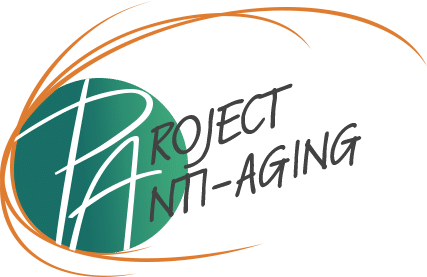 1. The nutrient molecule cholecalciferol, designated as Vitamin D3 in 1922, is considered a “conditional nutrient” by experts, and a hormone precursor, not a vitamin.
1. The nutrient molecule cholecalciferol, designated as Vitamin D3 in 1922, is considered a “conditional nutrient” by experts, and a hormone precursor, not a vitamin.
2. Essentially every organ and cell in the body has a vitamin D receptor. More than 200 genes, and some have estimated up to 2,000 genes, are directly or indirectly regulated by it.
3. A deficiency of this hormone is related to poor calcium regulation and a variety of diseases, including osteoporosis, osteomalacia, poor cardiovascular function, muscle weakness and spasm, depression, various types of arthritis, various types of cancer, especially breast cancer with calcified precancerous lesions, inflammatory bowel disease, tooth and gum disease, chronic fatique syndromes, and various autoimmune disorders, including diabetes type 1, multiple sclerosis, psoriasis, rheumatoid arthritis.
4. Three-quarters of U.S. teens and adults are deficient in vitamin D. Medical doctors are routinely testing for deficiency in circulation.
5. In doctor’s office the D3 measured in circulation is the prehormone 25-dihydroxy-cholecalciferol, called calcidiol, and not the cholecalciferol or ergocalciferol that we take as a supplement, the actual effective hormone is 1,25-dihydroxycholecalciferol, or calcitriol, which is not routinely tested to determine Vitamin D3 deficiency.
6. Long-term use of common medications are producing nutrient deficiencies associated with many common disease processes. Cholesterol lowering drugs called statins are now the most widely prescribed drug in the world. Cholesterol is required to make Vitamin D. Therefore, anyone taking statins can be expected to have a deficiency in it. Other commonly prescribed drugs that may cause nutritional deficiencies and vit D deficiencies are oral contraceptives, estrogen replacement drugs, anticonvulsants, diabetic medications, high blood pressure medications, anti-inflammatory NSAIDS, beta-blockers (hypertension and asthma), antidepressants, and anti-anxiety benzodiazepines.
